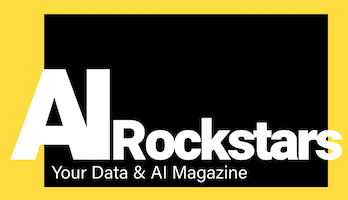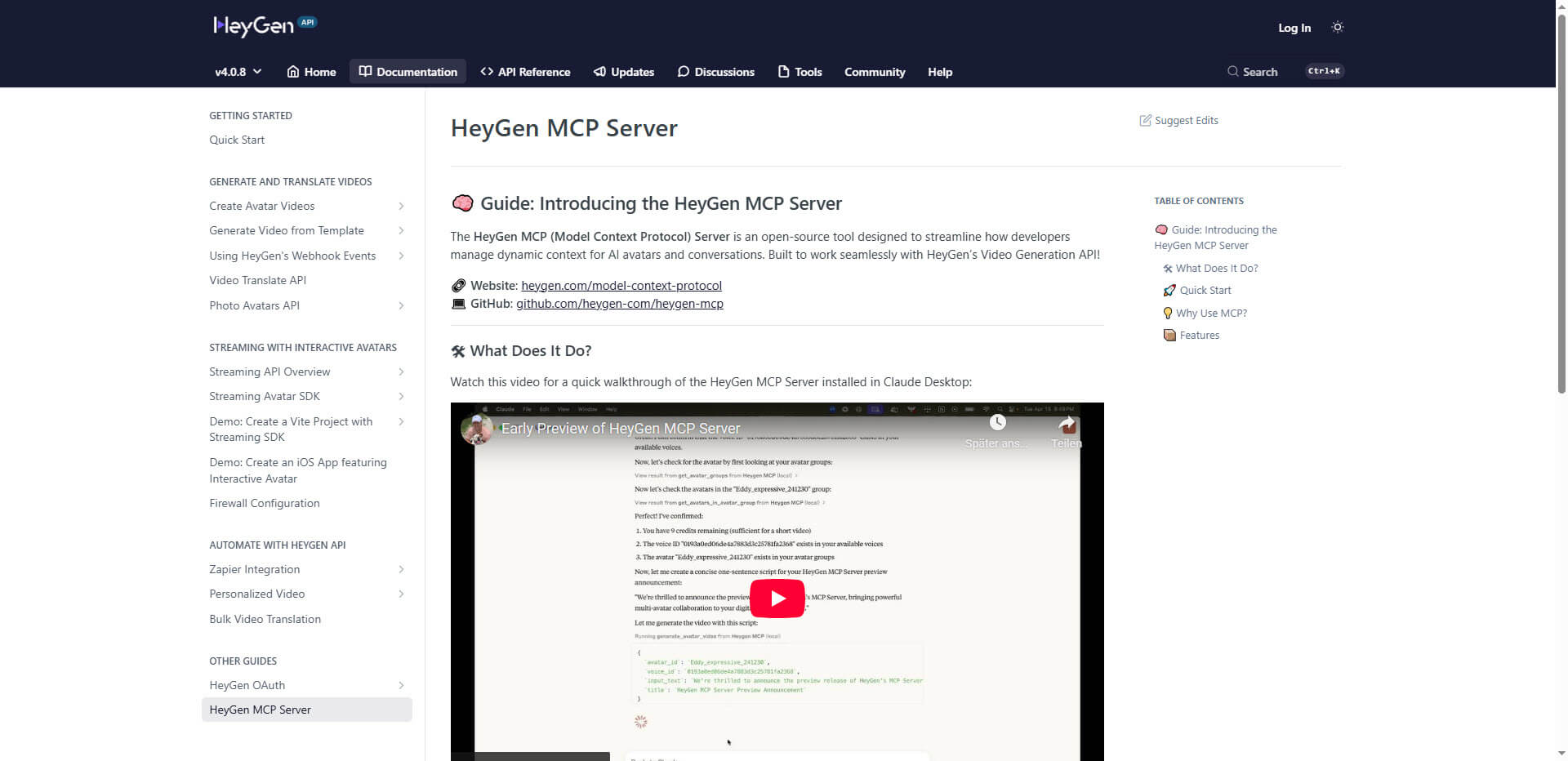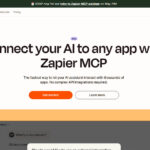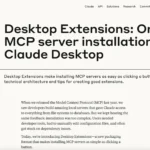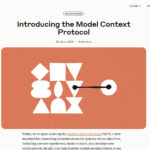The integration of AI-generated videos into everyday workflows has been significantly simplified by new technological developments. The HeyGen Model Context Protocol (MCP) Server is a pioneering solution that integrates the creation of digital avatars and advanced video editing directly into desktop programs.
The HeyGen MCP Server acts as a bridge technology between AI applications such as Claude Desktop and HeyGen’s powerful video APIs. This middleware solution is based on the Model Context Protocol specification and allows users to control complex video projects via natural language input instead of having to program direct API calls. Of particular note is the plugin architecture, where each MCP tool corresponds to a specific HeyGen API endpoint, abstracting away the technical complexities for end users.
Authentication is carried out using a dual system: desktop applications use API keys, while web applications use OAuth 2.0 with PKCE (Proof Key for Code Exchange). This implementation follows current security standards and effectively prevents attacks through code interception, which is particularly relevant in video-based applications with personal content.
Technical implementation and developer friendliness
The development processes surrounding the HeyGen MCP Server have been designed with a particular focus on developer friendliness. The integrated MCP Inspector enables real-time debugging of tool calls through the command uv --with "mcp[cli]" dev heygen_mcp/server.py, which significantly shortens the feedback cycle during integration. This focus on developer tools is in line with a broader trend in the MCP ecosystem.
Compared to other MCP implementations, such as Pipedream’s, there is an interesting difference in the approach to tool definition: while HeyGen defines tools statically through code annotations, Pipedream generates them dynamically from OpenAPI specifications. Both methods offer different advantages in terms of maintainability and flexibility, which must be weighed up depending on the use case.
Security aspects and future prospects
The security analysis of the HeyGen MCP Server reveals both strengths and potential risk areas. Recent research findings point to vulnerabilities in MCP servers, particularly with regard to malicious prompt injections. Although the current HeyGen implementation does not document specific countermeasures for this threat class, best practices such as tool description validation, user consent workflows and input sanitization can be recommended.
Summary
- The HeyGen MCP Server enables the seamless integration of AI-based video creation tools into existing workflows using Model Context Protocol.
- The technical architecture follows a plugin model with direct mapping between tools and API endpoints, reducing complexity for end users.
- Security aspects include robust authentication methods, although specific measures should still be implemented against newer threats such as prompt injections.
- Compared to other MCP solutions, HeyGen stands out due to its specialization in video creation and avatar animation.
- Future prospects include SSE support for real-time updates, improved template API integration and translation services.
Source: HeyGen
